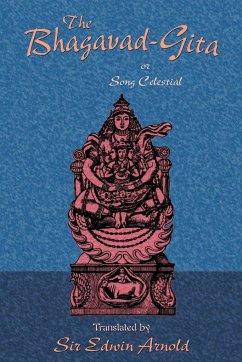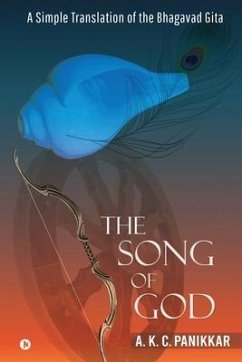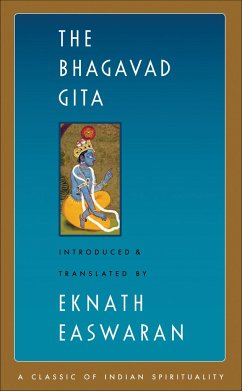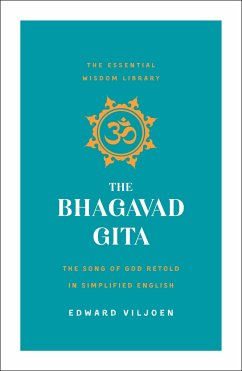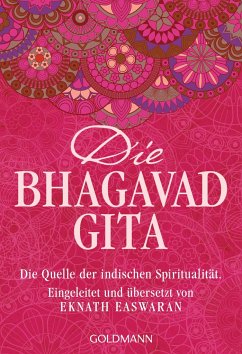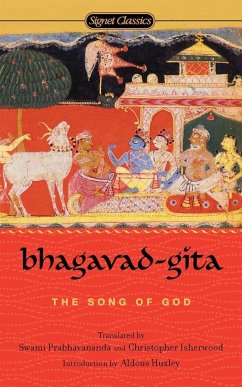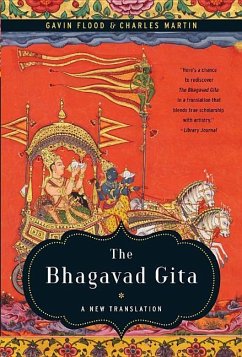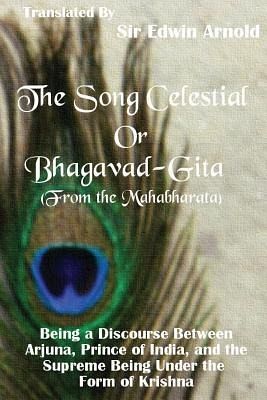
The Song Celestial or Bhagavad-Gita (From the Mahabharata)
Being a Discourse Between Arjuna, Prince of India, and the Supreme Being Under the Form of Krishna
Versandkostenfrei!
Nicht lieferbar
Weitere Ausgaben:
This famous and marvelous Sanskrit poem occurs as an episode of the Mahabharata, in the sixth - or "Bhishma" - Parva of the great Hindoo epic. This scripture contains a dialogue between Prince Arjuna of India, with Krishna, the Supreme Deity, wearing the disguise of a charioteer. The conversation explores a variety of theological and philosophical issues. The scene is an impending great battle between the armies of the Kauravas and Pandavas, and this conversation is maintained in a war-chariot drawn up between the opposing Armies. English literature would certainly be incomplete without posses...
This famous and marvelous Sanskrit poem occurs as an episode of the Mahabharata, in the sixth - or "Bhishma" - Parva of the great Hindoo epic. This scripture contains a dialogue between Prince Arjuna of India, with Krishna, the Supreme Deity, wearing the disguise of a charioteer. The conversation explores a variety of theological and philosophical issues. The scene is an impending great battle between the armies of the Kauravas and Pandavas, and this conversation is maintained in a war-chariot drawn up between the opposing Armies. English literature would certainly be incomplete without possessing this popular form a poetical and philosophical work, which is so dear to India.





